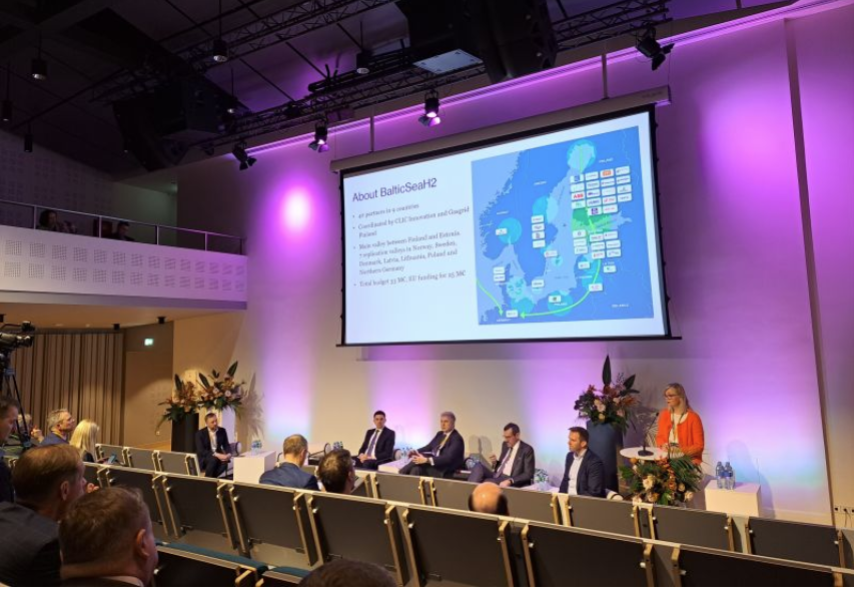
World Energy Council Latvia organized a conference “Energy Trilemma – The Backbone for Energy Transition” in Riga in December 2023. The leading call-for-action was to discuss how to find balance in the clean transition between energy security, affordability, and efficiency. The event gathered participants from several nationalities, not restricted only to the Baltic Sea region, but also reaching audience from other continental European countries, the UK as well as the US.
Energy security aspects were raised and addressed through scenarios related to recent hybrid attacks. National security professionals were emphasizing the importance and the need for more efficient multinational collaboration and communication methods. The nations seem still to lack easily implementable regulation and legislation to enable and support cross-national efforts within the Nordic and Baltic countries.
The importance of sector integration through avoiding sub-optimization of single part(s) of the energy system was actively discussed. This is, by the way, already on the to-do list within our ongoing Baltic Sea H2 project as part of system level design of the future energy system and market development. Talks about technology choices summarized the well-identified statement of the non-existing single winning technology but an array of technology offerings for different purposes and circumstances. Material scarcity related to grids, power stations and batteries was acknowledged as well as mitigation methods for ending up in the position of single-sourcing. In addition, energy efficiency and clean energy targets should be further introduced in the public procurement processes. Currently, indicators related to energy efficiency or sustainability are non-existing in the evaluation procedures of public procurement, leading to decisions being made based on other factors.
Another interesting and highly topical theme referred to ensuring energy affordability when moving towards new renewable energy solutions. Finding ways to bring clean technology more available to all societies independently of their socioeconomic and geopolitical status. Nations and regions globally are not entering the energy transition from equal backgrounds. For this reason, it is a global challenge to identify different targets, indicators, and roadmaps to accomplish meaningful and realistic change. Furthermore, how to solve the dilemma about breaching the competitiveness gap while moving towards upscaled and off-the-shelf -technologies – organically through direction laid by the market economics or by subsidies.
To summarize, most of the topics touched upon could be identified as global and well relatable also to our domestic energy system. I was also delighted to get the chance to introduce BalticSeaH2 project and its key targets and insights to complement the above-mentioned energy themes. Within this conference, the Baltic Sea H2 represented alone the topic of clean hydrogen and hydrogen economy – however, I have a strong feeling that hydrogen as a topic will be revisited also within this context in the future. After all, hydrogen economy will be accomplished together!
Written by: Gasgrid